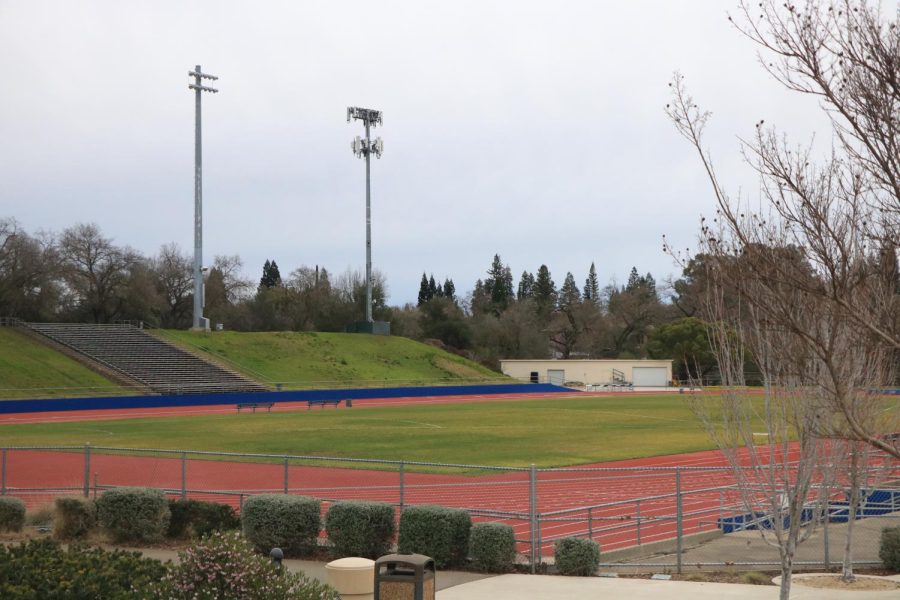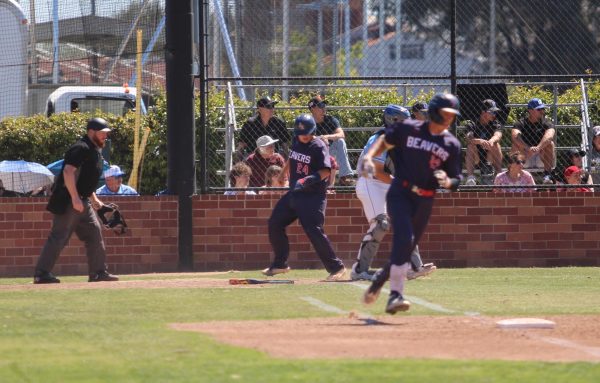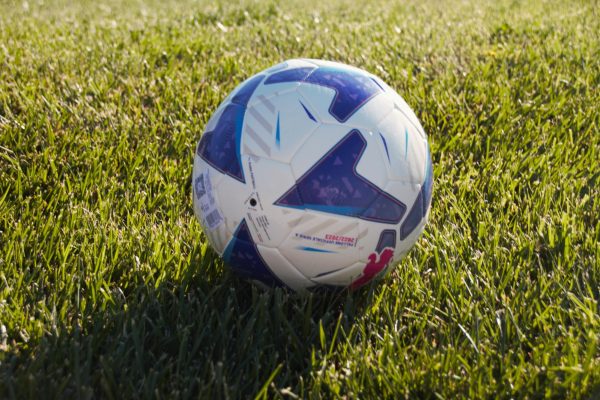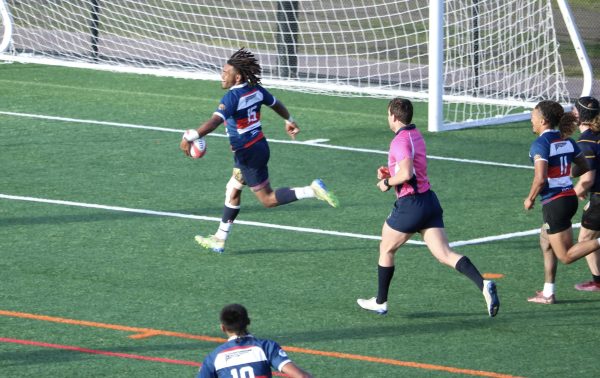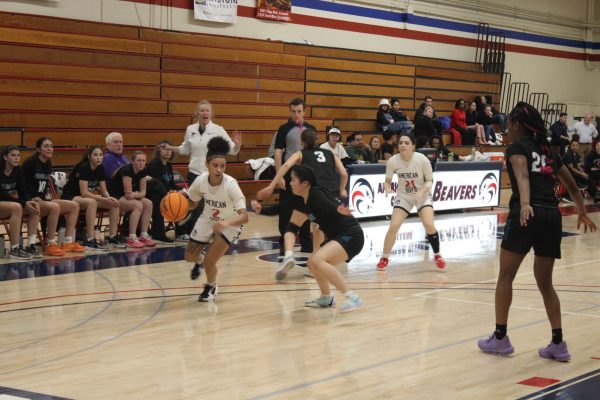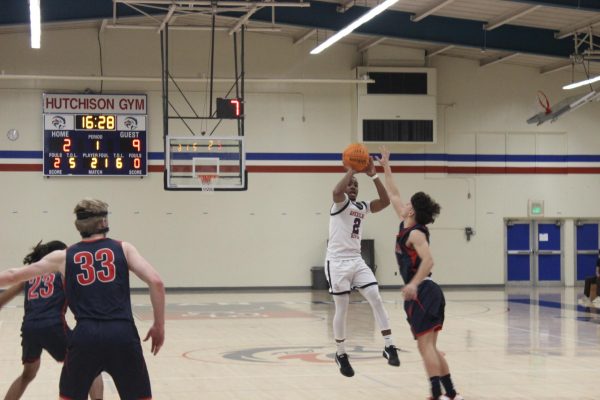ARC enforces safety protocols for athletes
Athletic trainers must be CPR and AED certified
In order to ensure safety, American River College athletes must follow various protocols or rules before and during a game. These rules were formed by the California Community College Athletic Association, which creates rules and regulations for specific situations a player or team may encounter.
For example, the “Heat Policy” requires athletic trainers to check outside temperatures before or during the game, according to Michelle Whitehead, an ARC athletic trainer.
“We have to take temperature into account, we have to take humidity into account,” Whitehead said.
A device called a globe thermometer is used to measure the temperature outside and on the ground. If the temperature reaches a certain level the athlete’s equipment has to change,” Whitehead said.
“The rule of thumb right now is, if you see lightning and you hear thunder you clear the fields,” said Gil Bejarano, an ARC athletic trainer.
Bejarano says there is a protocol for lighting too. Each trainer’s phone has an app to track how far away the lighting is. The range can be set for sports games also.
He said air quality is another concern. When it comes to air quality there is a heat index with different levels that has to be monitored.
“There [are] levels you have to watch, like your athletes who are more susceptible, your asthmatics,” Whitehead said.
She said there are rules to ensure that athletes are evaluated properly for a concussion to make sure it is safe for them to resume play if possible.
There are 20 sports teams on ARC’s campus, with one or more athletic trainers required to be at each game or match. Each school employs its own athletic trainer. If ARC goes to a game at the opposing team’s school their athletic trainer is responsible for them and vice versa.
Every athletic trainer must be certified for an automated external defibrillator yearly. CPR certification is required every two years. Athletic trainers are required to carry an AED to every game they attend, according to Whitehead.
“Serious things can happen, so we try to prevent them by having our guidelines in place,” Whitehead said.


